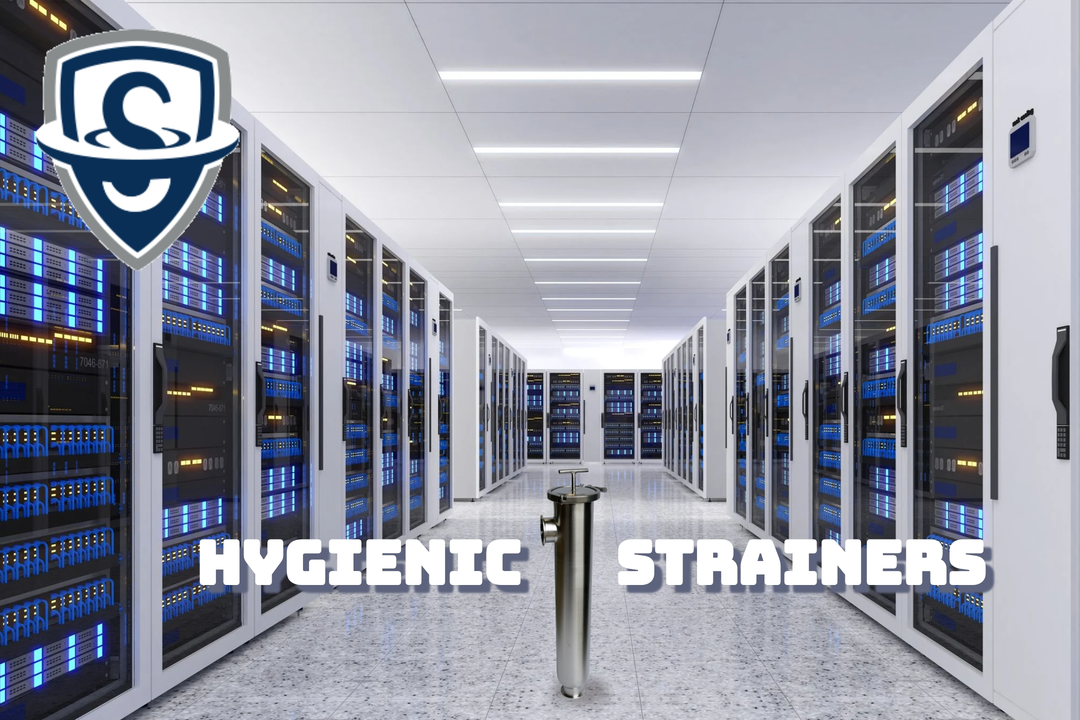As data centers continue to grow in size and complexity, the demand for more efficient and reliable cooling solutions is increasing. Traditionally, air cooling has been the industry standard, but with ever-increasing computing power needed for advancements like Artificial Intelligence (AI), air-cooled systems are struggling to keep up with the heat generated by modern servers. The solution? Liquid cooling. From glycol-based systems to petroleum-based coolants, liquid cooling is fast becoming the preferred choice for high-performance data centers worldwide.
Why the Shift to Liquid Cooling?
The need for better cooling capacity is driving data centers to adopt liquid cooling solutions. Unlike air, liquids like glycol and water can absorb and dissipate much more heat, making them ideal for handling high-density server loads. In some cases, servers are even completely immersed in liquid for optimal temperature regulation. Other systems use cooling jackets around server racks, ensuring efficient thermal management.
However, these advanced cooling systems come with new challenges—primarily the need to protect critical components like pumps, heat exchangers, and other equipment from contaminants. This is where hygienic strainers can help to play a vital role.
The Importance of Hygienic Strainers in Liquid Cooling Systems
Liquid cooling systems require effective strainers to ensure the coolant remains free of particulate contaminants that could damage expensive and critical equipment. In the cooling loop, pumps and heat exchangers are vulnerable to particles, which can cause inefficiencies or even system failure. Hygienic strainers safeguard these components by filtering out debris and ensuring continuous, reliable operation. Redundancy in the design of the strainers is often critical as well. Having two strainers in parallel with blocking valves enables cleanout of one strainer while the overall cooling system remains operational through use of the other strainer.
Why Data Centers Are Turning to Hygienic Strainers
As the liquid cooling trend gains momentum, the data center industry is pushing for sanitary and hygienic strainers typically used in food, beverage, and pharmaceutical industries for several reasons:
- Cleanability: The smooth surface of these strainers facilitates easy cleaning, minimizing downtime for maintenance and ensuring maximum uptime for critical cooling operations.
- Tri-Clamp Connections: These easy-to-use connections offer a secure, leak-proof fit that reduces the risk of coolant leaks and ensures quick installation and maintenance.
- Stainless Steel Construction: Stainless steel is highly resistant to corrosion, ensuring longevity and durability, even with aggressive coolants like glycol.
- Fine Particulate Protection: Strainers with elements designed with very small opening size provide high-precision straining, preventing fine particulate from damaging sensitive cooling equipment.
Strainer Specifications for Data Center Cooling
Data center cooling applications typically require strainers with larger 3″, 4”, or 6” connections due to the higher flow rates of the cooling medium. It is important to have these larger connection sizes and larger strainer bodies to minimize pressure drop across the strainers. Angle-line strainers allow for easy removal of the element without excessive disassembly of the process piping. The strainers can also be equipped with additional features such as:
- Vent/Drain Connection: For easy drainage and inspection / maintenance
- Differential Pressure Connections (x2): To monitor pressure differentials and ensure optimal performance of the strainer
In some cases, data center cooling applications can also consider magnetic trap strainers to further enhance particulate removal and system protection.
A Timely Solution for 2025 Builds
With the next wave of data center builds expected in Q4 2024 and into 2025, now is the time for data centers to evaluate their cooling needs. By incorporating hygienic strainers into their liquid cooling systems, they can ensure the longevity and efficiency of their cooling operations, while reducing maintenance and protecting critical components.
At Sani-Matic, we understand the unique challenges of straining with decades of experience shown in our Hygienic Component Solutions Catalog offering. Our team of Wisconsin-based design, engineering, and manufacturing team ensures a reliable, consistent, and high-quality product and have an unmatched application and engineering team to deliver to specification and on time. Our established quality system delivers these hygienic strainers to meet the stringent demands of today’s liquid cooling systems, providing reliable protection and peace of mind.


